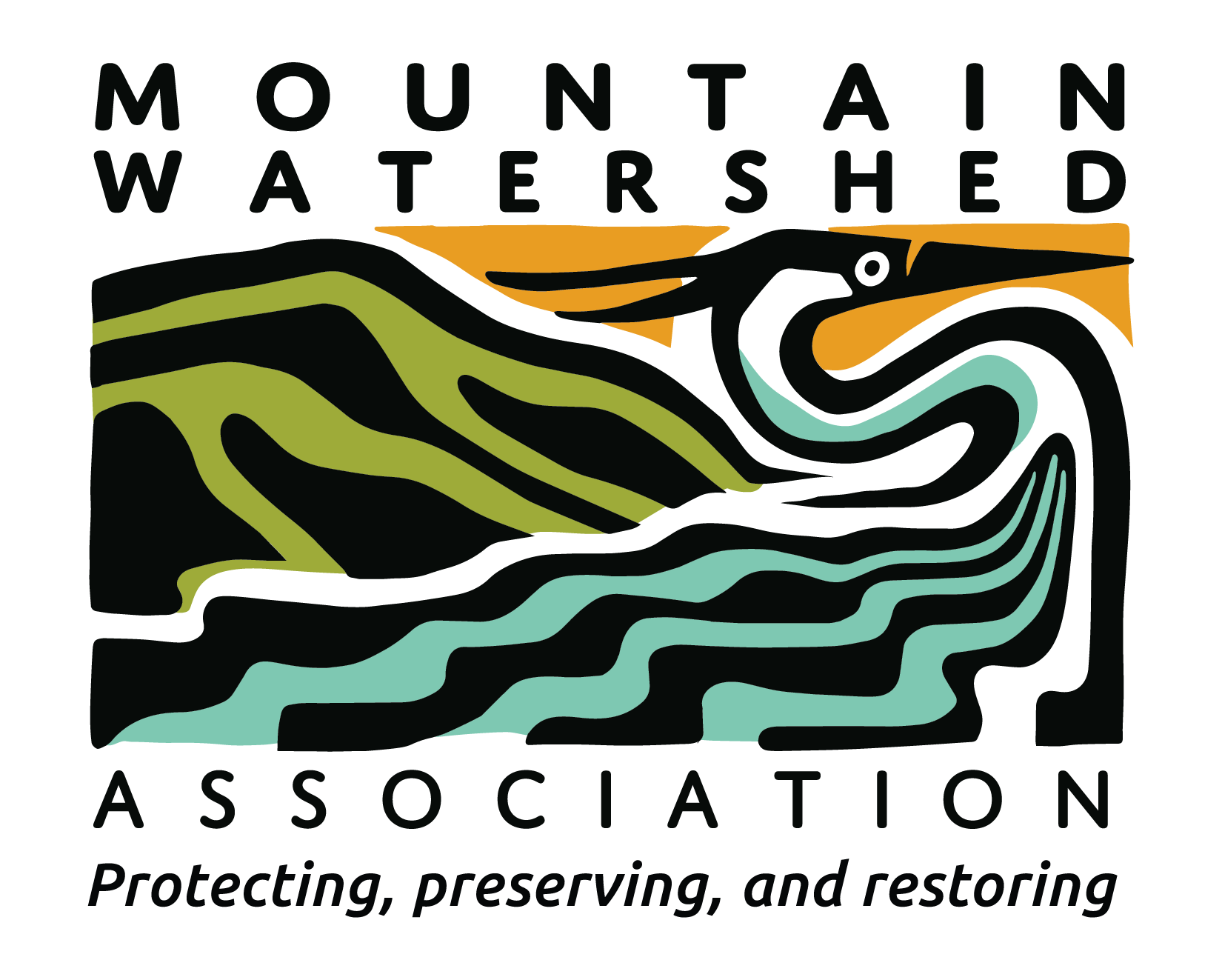Shale gas development through hydraulic fracturing (fracking) in Western Pennsylvania has been consistent for over a decade. As the natural gas industry continues to expand, the industry is struggling to find ways to dispose of the waste they generate, like flowback wastewater. The full chemical composition of this wastewater is not fully understood, which makes properly treating it nearly impossible. Studies have shown that the wastewater often contains high levels of salt, various organic and inorganic chemicals, biocides, heavy metals, and – most concerningly – radioactive pollutants.
Radioactive contaminants, such as Radium-226 and 228, have been measured in residual waste at levels thousands of times higher than what is acceptable by safe drinking water standards. These contaminants persist in the environment for generations and are known to cause health impacts such as bone cancer. However, no current regulations exist to require the industry to properly track, monitor, and dispose of this radioactive pollution. Often, the waste is trucked through residential neighborhoods and disposed of in municipal landfills that are ill-equipped to handle it, putting the health of our communities at risk.
Mountain Watershed Association has been working with partner organizations to advocate for our lawmakers to pass legislation that will protect communities from the impacts of radioactive oil and gas waste.
These local facilities accept toxic waste in Westmoreland and Fayette Counties:
Westmoreland Sanitary Landfill, Belle Vernon, PA
Receiving fracking waste since 2019, the landfill leachate had such high levels of contamination that the facility was required to suspend pumping the leachate to the local wastewater treatment plant (WWTP) for processing. The WWTP was not designed to have such a high influx of toxic water and consequently under-treated, contaminated water was discharged into the Monongahela. There is an ongoing investigation by the PA Attorney General’s office.
Reserved Environmental Services, Mount Pleasant, PA
Operating since 2010, this 136 acre facility treats, recycles, and reuses large volumes of waste water from the oil and gas industry, accepting 30,000 barrels per day with a 238,000 barrel storage impoundment. A 2016 study by the Department of Environmental Protection found that the average radium content of the filtered effluent from RES was 5,063 pCi/L, which means that this effluent is more than a thousand times what is considered safe for human exposure. Source: Public Herald
MAX Environmental Industries, Yukon, PA
Previously known as Mill Service, MAX Environmental is the only RCRA Subtitle C Hazardous Waste Facility in Pennsylvania. Operational since 1963, MAX is looking to nearly double their capacity in Yukon. The operation accepts oil and gas drilling wastes, electric arc furnace dust, contaminated soils and other highly toxic wastes.

Through independent water sampling, we confirmed MAX was discharging pollutants not included in their approved National Pollutant Discharge Elimination System (NPDES) permit, as well as omitted from the proposed NPDES permit renewal. The permits are renewed every 5 years. MAX had been operating on a NPDES permit issued in 2005. Arsenic, a toxic heavy metal, was not regulated by their permit and was potentially discharged into Sewickley without DEP approval for over a decade. After several meetings and discussions with DEP, and after providing four rounds of technical comments on the proposed water pollutant discharge (NPDES) permits, the DEP altered the permit to now include 87 additional waste limits and 5 new monitoring points than what was originally proposed.
Additionally, the Youghiogheny Riverkeeper has observed foaming, yellow water from MAX’s main outfall, which flows directly into Sewickley Creek. Samples were taken and results indicated a number of concerning pollutants, including very high levels of arsenic and strontium.
The proposed expansion of MAX would put the landfill directly next to Sewickley Creek, a major tributary of the Yough. Some permit materials for the expansion have been released. We are reviewing the materials and organizing with the community to challenge the expansion.
Greenridge Reclamation Landfill, Scottdale, PA
A 2016 study by the Department of Environmental Protection found that the average radium concentration in the leachate from this landfill was 126 pCi/l. The drinking water standard for total radium is 5 pCi/L. Source: Public Herald
Chestnut Valley Landfill, McClellandtown, PA
Between 2011-2017, the Chestnut Valley accepted approximately 535,877 tons of solid oil and gas waste. A 2016 study by the Department of Environmental Protection found that the average radium concentration in the leachate from this landfill was 106.5 pCi/L. Source: PSE Healthy Energy and Public Herald
Health Survey Assesses Exposure Impacts
Research has shown that contamination from these industries is related to adverse health impacts. Radium exposure is associated with liver, breast and bone cancer. Currently, the PA Department of Health is studying the potential link between shale gas development and the inexplicable spike in rare childhood cancers, like Ewing sarcoma, in Southwestern Pennsylvania.
MWA sent a mailing out to hundreds of residents near MAX Environmental, Chestnut Valley Landfill, and Reserved Environmental Services, all of which accept high volumes of radioactive shale gas waste. The mailing included a survey to assess health impacts from the facilities. We’ve received dozens of responses.
This sampling initiative is a grassroots effort targeted at better understanding the outfall of the oil and gas industry waste stream and to armor the community with real data that is often withheld by regulatory agencies.
There is no charge for sampling. If you know of an ideal sampling location, contact Stacey at stacey@mtwatershed.com to set up a sampling date.

